Common sense teaches us the basics: always put meat (fresh and processed), seafood and dairy products in the fridge. But there are a variety of items experts say people may not need to refrigerate.

“Always assess whether or not the product appears spoiled or smells spoiled,” says registered dietitian Jessica Tong of Calgary.
“Beyond food safety, for optimal flavour and nutrition, it’s best to consume foods as soon as possible and at their peak ripeness.”
According to Health Canada, vegetables like carrots, celery, green beans, lettuce, spinach, and certain squashes should be kept in the fridge, along with lunch meat, canned meat, eggs and leftovers.
READ MORE: 6 signs that suggests the food in your freezer has gone bad
“It is extremely important to keep cold food cold and hot food hot, so that your food never reaches the ‘temperature danger zone.’ This is where bacteria can grow quickly and cause food-related illness,” Health Canada notes.
“Make sure your refrigerator is set at 4 C or lower and your freezer at -18 C or lower. This will keep your food out of the temperature danger zone where bacteria can grow quickly.”

Tong adds chia and flax seeds should also be refrigerated.
“Chia and flax seeds should be stored in the fridge to extend their life and to prevent their volatile oils from becoming rancid or from oxidizing.”
Below, Tong shares her list of eight things that don’t necessarily need to be put in the fridge. And while these are just her recommendations, there are generally no safety concerns for people keeping these items in the fridge — changes usually occur in taste and appearance, she adds.
Avocados
Tong says she often gets asked how to store avocados, prevent them from spoiling and why so many of them are brown when you cut them open.

Get weekly health news
“It really depends on the avocado’s life cycle. If you put an unripe avocado in the fridge, it will stop ripening and stay hard, so let it ripen at room temperature,” she says. “If you put a ready-to-eat avocado in the fridge, it will maintain its integrity until you decide to eat it.”
Onions, shallots, garlic
Onions, shallots and garlic do not need to be stored in the fridge. “The humidity of the fridge can make them rubbery and cause them to sprout.”
For onions, in particular, a lack of air circulation will cause them to spoil, Eating Well notes.
“Store onions in a cool, dry, dark, well-ventilated place. Scallions and chives, however, have a higher water content, bruise more easily and have a shorter shelf life, so store these alliums in the fridge.”
Basil
READ MORE: E. coli and other bacteria may be lurking in your holiday feasts – here’s what to do
Fresh basil should not be stored in the fridge, Tong says. “The cold temperatures cause it to develop brown spots.”
Tropical fruit
Any tropical fruit like pineapple, papaya or mango can be stored at room temperature, she adds. But if you cut any of these fruits, make sure you store them in the fridge.
Potatoes
Potatoes and sweet potatoes should also be stored at room temperature. “Refrigeration can alter their flavour,” she says.
Metro U.K. News adds cold temperatures turns potato starches into sugar — which can mean a sweeter potato.
Tomatoes
Tomatoes can get mealy in the fridge, she says, meaning their natural sugars are converted into starch, which changes the taste and texture of the fruit, blog Tomato Casual adds.
READ MORE: BBQ safety — How to know your meat is cooked & other tips
Spreads
Peanut butter and spreads like Nutella can also be stored at room temperature, Tong says. “But refrigerating them doesn’t have adverse effects, in fact, it will extend their shelf life.”
Acid-based sauces
Sauces like vinegar, hot sauce, and ketchup can be stored on counters for about a month because of their acid content.






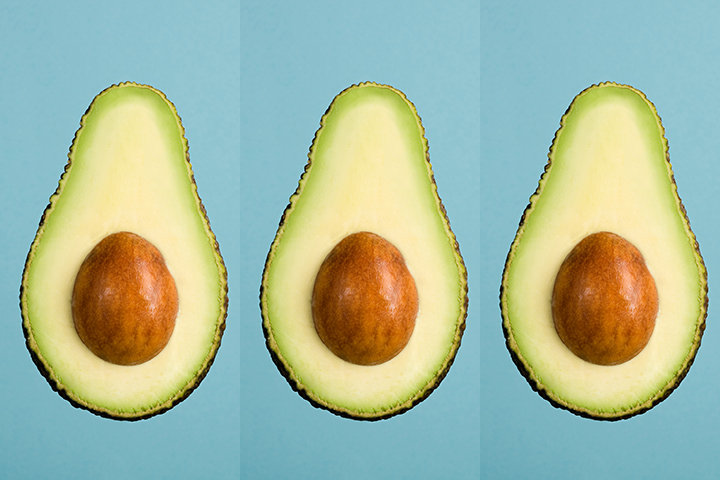
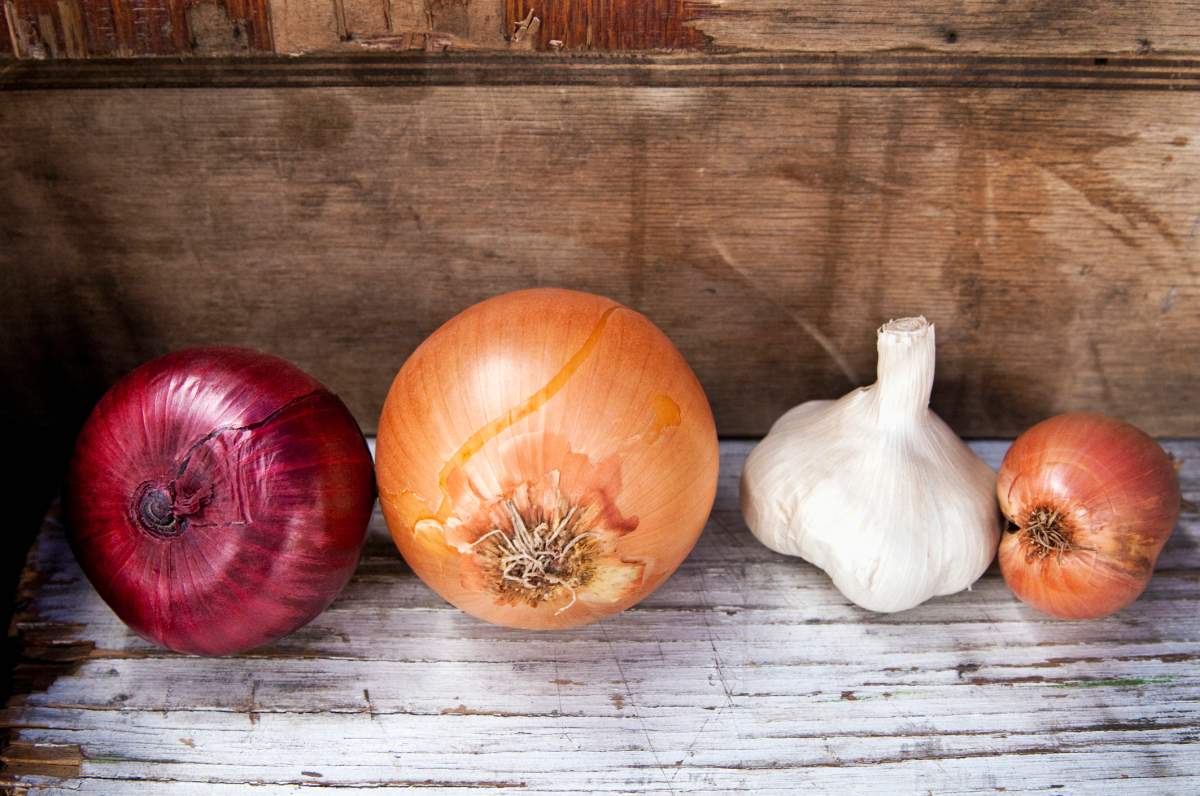
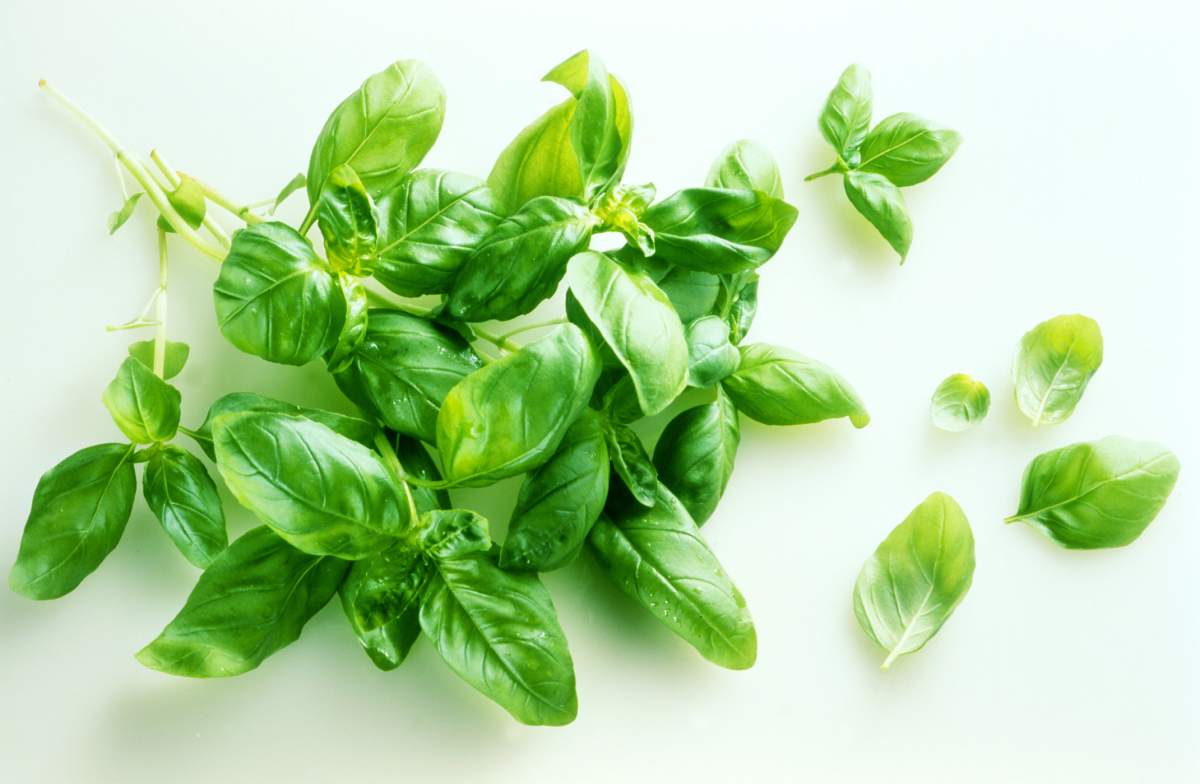
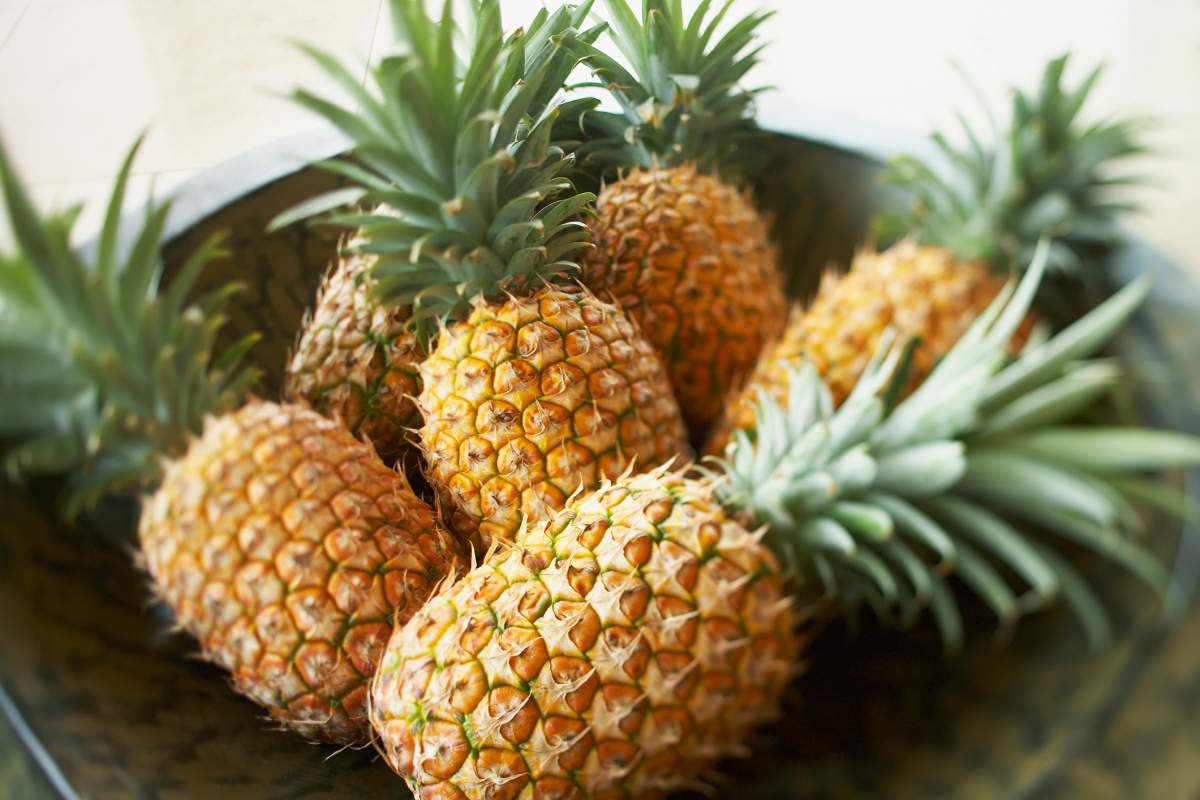


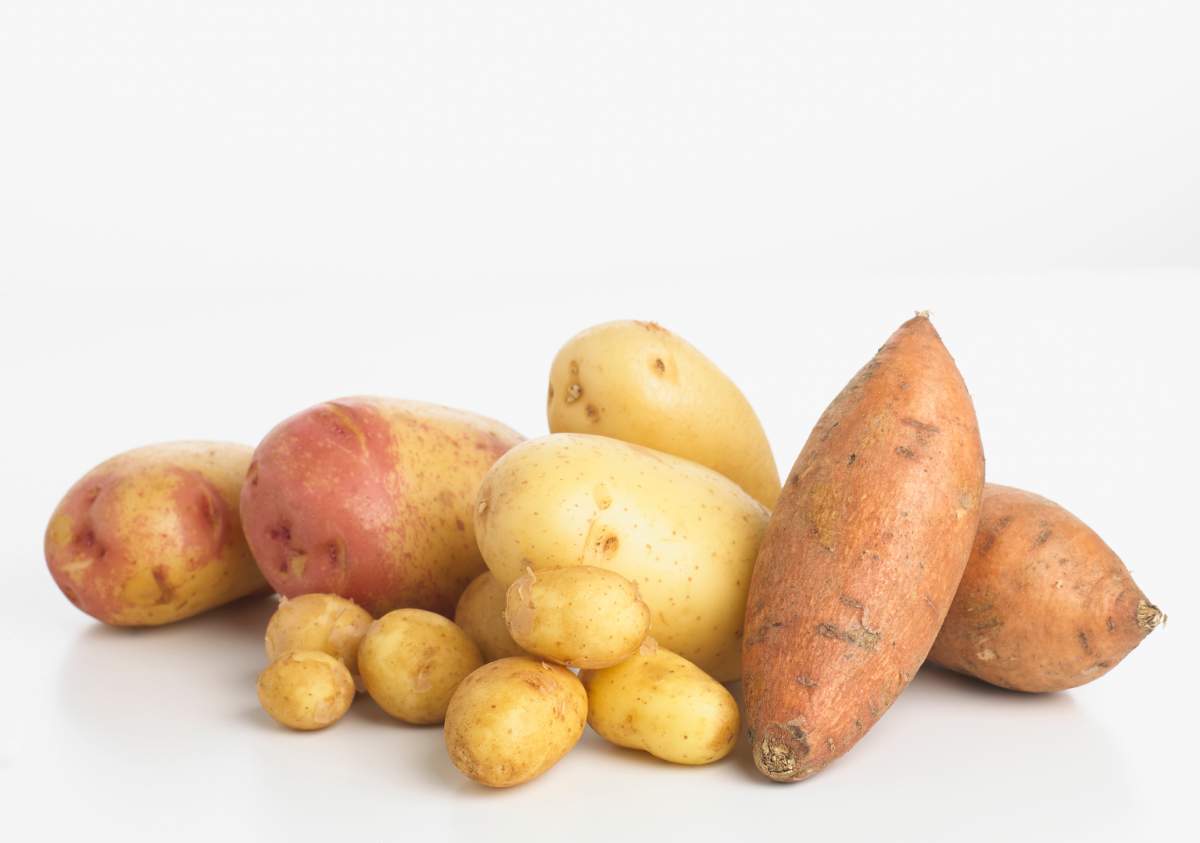
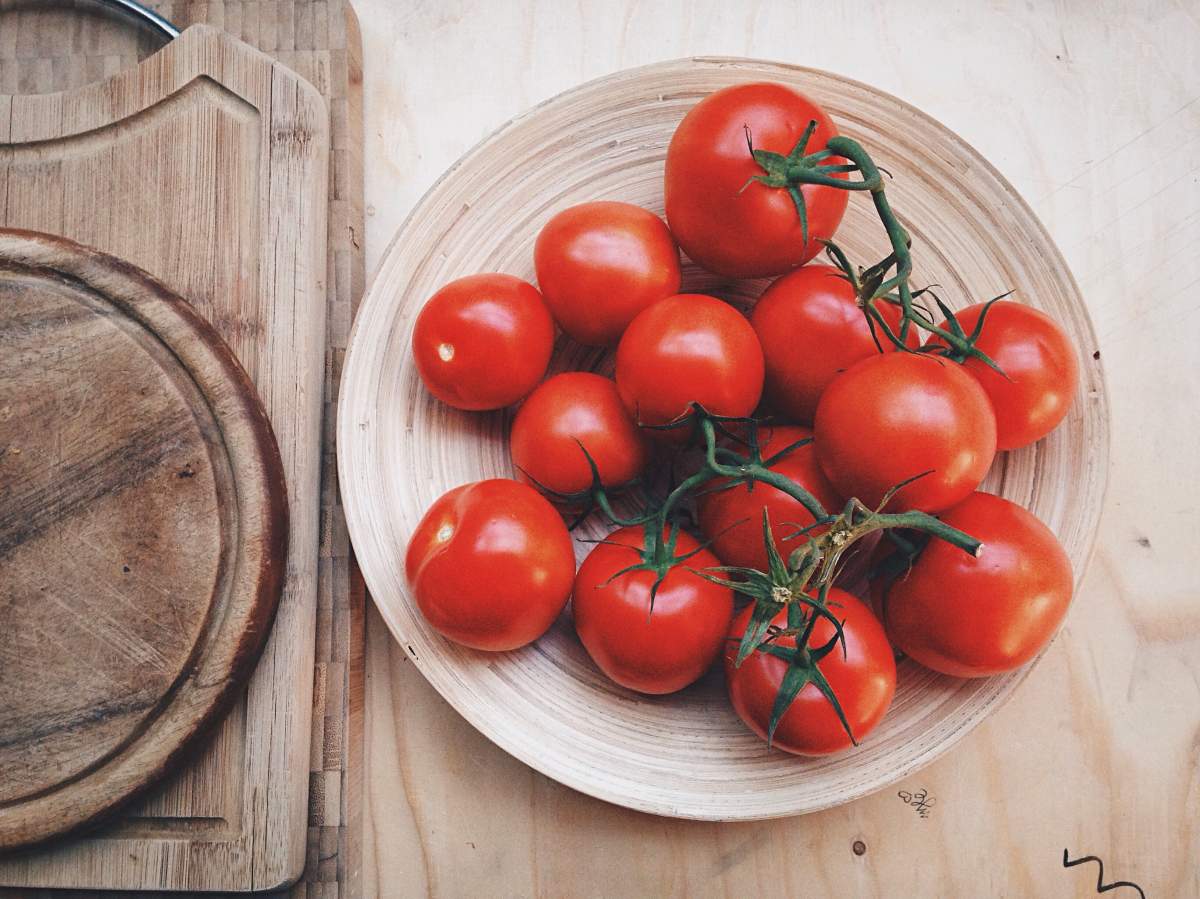
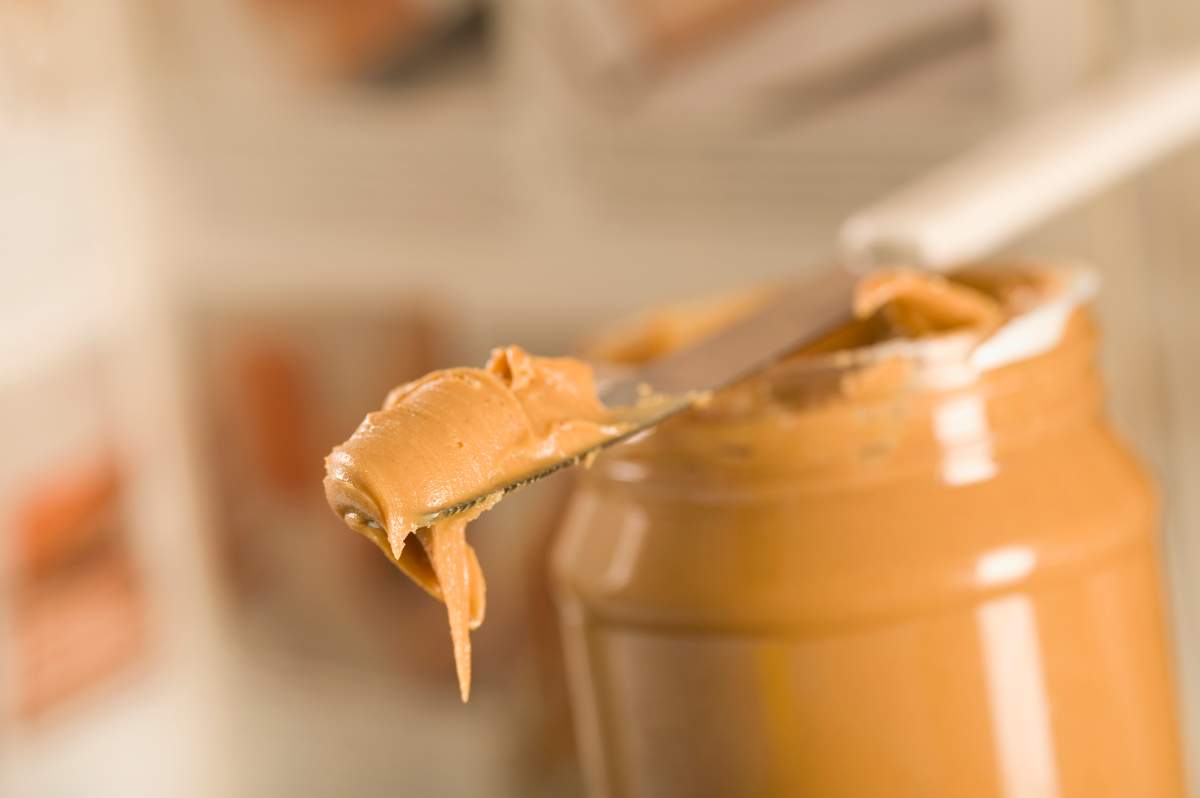

Comments
Want to discuss? Please read our Commenting Policy first.